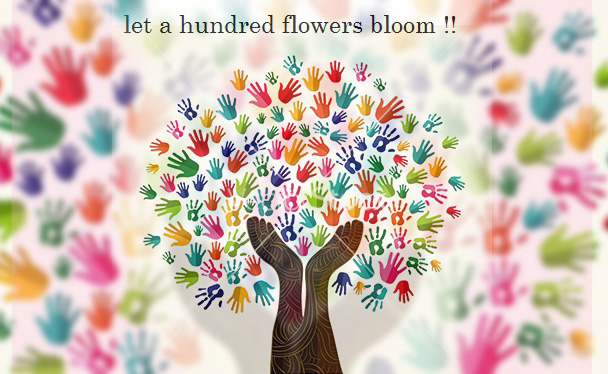Manipur’s myriad problems do not certainly present a straightforward visage, layered as they are in a maze of hierarchical quagmire of problematic propositions, and each of the hierarchy again mired in their own strata of endless problems and sub-problems. A multi-ethnic state where the constituent ethnic groups are at some levels united but also deeply divided at other levels; A splintered students’ movement with each splinter scrambling to hog limelight; a splintered militant underground movement with each splinter unable to develop a perspective from the same viewpoint; an established order that has allowed the vital agenda of governance slip out of its control; a government bankrupt of idea and funds beyond easy redemption. The list can go on. What the state is witnessing today is a tragic manifestation of this state of chaos.
These are all the ingredient of a failed state. It is no consolation that our neighbouring states are faring no better. It is also interesting to note that in the global context, the West is extremely cautious about failed states, as these can become dangerous spawning grounds for mutant thoughts and ideologies. Those of us in Manipur should not find it difficult to understand this logic, especially now in the midst of the darkness of the current crisis. The answer to this scourge undoubtedly has to come from a leadership with determination, creative approaches, and a willingness to last out the severest of political and economic winters. Only such a willingness to withstand the test of fire can the people hope for deliverance.
The story of Poland, and the manner it got over its years of hardship and political tumult as the fall of the Iron Curtain was closing in, is inspiring in this regard. Remember Lech Walesa, the “Solidarity Movement” leader of the country in the 1970s and 80s. The Nobel Prize for Peace that he won in 1983, in retrospect, must have been one of the best deserved in the award’s history. He got Poland out of a mess much worse than what we are in today. A book about Poland of the 1970s, written during the peak of the “Solidarity Movement” called “Passion of Poland” by a journalist, Lawrence Weschler, a staff writer of the respected American magazine “New Yorker”, the magazine on which the now defunct “Illustrated Weekly of India” is supposed to have been modelled, is surprisingly being still reprinted and sold on online retailers like Amazon.
The graphic picture of Poland of the time, not any better than what we are in today, is still strongly reminiscent of the utter chaos and hopelessness we in Manipur are in today. Incisive jokes heard in the streets of Warsaw during its years of turmoil, reproduced in the book, recreate the subtle nuances of inter community relationships too, and again quite ironically, we keep hearing jokes and remarks in similar vein in our own context. They also tell of how divisions and frictions between communities are accentuated by scarcity. The lesson being, plenitude can ease a lot of social problems, therefore much of the solution to the most vexed of social issues lies in working for mutual prosperity.
It was a time in Poland the government was totally bankrupt and even essential commodities began disappearing from the shops. Long queues would form outside ration outlets even at the hint of arrival of new stocks. In one of the jokes in the book, one such queue forms outside a ration centre even before the shop opened. After two hours of the queue, an official emerges and announces: “Jews step aside and go home, no bread for you today.” After another two hours the official reappears: “non-Communist go home, no bread for you today.” After yet another two hours the same official returns to announce: “Comrades go home no bread today.” One angry Communist in the queue remarks to another: “Why do Jews always get preferential treatment.”
True enough, scarcity does make us lose perspective of our problems. In another joke in the book, a woman with a shopping bag walks up to a store and asks: “Any sausages.” The prompt answer was, “No.” Butter? No, Soap? No. Bread? No. Disappointed the woman walks away. Two grocers behind the counter look at each other in amazement. One grocer tells the other: “Whew, what a memory?”
In the turmoil, hardship and uncertainty Manipur is going through today, as in this joke about Poland of the 1970s, it is increasingly with a sense of nostalgia that they recall what normality once was like, and how beautiful it once was. This was once a place which in its innocence lived the dream that Chairman Mao Zedong had of his China by the motto he coined: “Let a Hundred Flowers Bloom”. Rather than puppets as leaders, or firebrand venom spitters as social campaigners, what Manipur needs most at this moment, are leaders of the calibre of Lech Walesa – quietly fired by a sense of purpose, untouched by publicity good or bad, determined to last out any difficulty along the way, focused only on achieving a common good for the society, ready to take admit mistakes; not too eager to blame others for failures while being equally eager to take credit for all successes, regardless of whether somebody else brought these successes.












